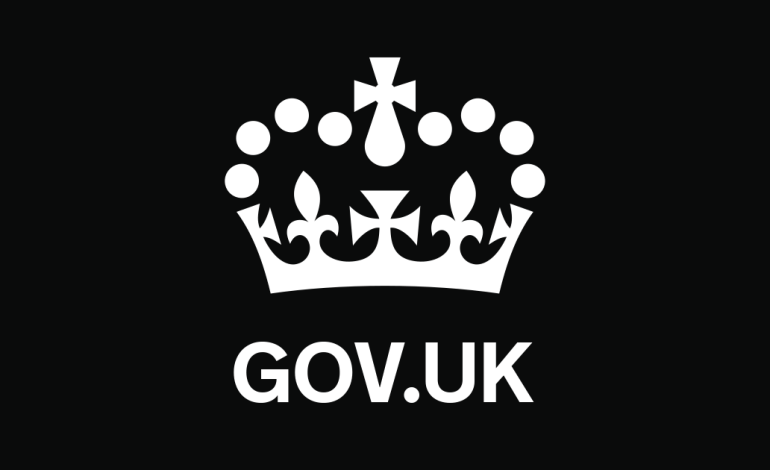
The Prime Minister has said that people with negative coronavirus tests results could be issued provisional passes which would allow them to attend events without having to be socially distanced. This would permit venues such as cinemas, concert halls, theatres, and stadiums to run at full capacity, thus boosting their financial recovery and giving audience members a more ‘normal’ experience.
The plan, called Operation Moonshot, depends on mass coronavirus testing, which, says the PM, would allow large gatherings to take place safely before a vaccine is distributed. This system would also give venue staff the authority to turn away individuals who show symptoms (such as a high temperature) or do not have a Freedom Pass at the door.
Johnson said that the city of Salford, near Manchester, will pilot the scheme, which could later be expanded across the country should its trial phase be successful. The announcement comes not long after several northern towns were placed under local lockdown due to rising coronavirus case numbers.
Hexmap showing the distribution of Covid-19 positive tests by specimen date in England by lower tier local authority.
Colour scale and figures in individual hexes show the total number of positive tests in a rolling 7 day period per 100,000 people.
https://t.co/uTnIVxgAzL pic.twitter.com/XrrrsHwSQG— UK Prime Minister (@10DowningStreet) September 9, 2020
As mentioned, Operation Moonshot’s viability is dependent on increased testing. The government recently stated their new aim to boost testing capacity to 500,000 a day by late October, hoping that, in future, ‘millions’ of tests could be processed daily; each test with a turnaround time of just 20 minutes.
The PM says the Freedom Pass system would allow people to behave ‘more normally’, confident to attend events and large gatherings knowing that they will not infect or be infected by anyone there. Acknowledging the importance of an appropriate testing regime, Johnson said: ‘We think, we hope, we believe that new types of test which are simple, quick and scalable will become available’.
Operation Moonshot was deemed ‘ambitious’ by the PM, but he expects that the Salford trials will run smoothly and that the initiative can be rolled out ‘nationwide’ soon after. He added: ‘We’re hoping the ‘Moonshot’ approach will work and we will be able to deliver mass testing which will give people the Freedom Pass, the ‘laissez-passer’, the knowledge that they are not infectious and can hang out with other people who are not infectious in a pre-COVID way’. While the prospect of regaining some sense of normality and being able to safely attend live events is very appealing, many have criticised the PM’s plan.
WATCH LIVE: #Coronavirus press conference (9 September 2020)
Speakers:
@BorisJohnson, Prime Minister
Prof Chris Whitty, @CMO_England
Sir Patrick Vallance, @uksciencechief https://t.co/sF9DExB6EB— UK Prime Minister (@10DowningStreet) September 9, 2020
The project would require everyone hoping to attend an event, even the asymptomatic, to be tested for coronavirus. This is at odds with Health Secretary Matt Hancock’s recent statement that individuals without symptoms should not get tested, lest they add ‘undue strain’ to the ‘overloaded’ testing system. While Johnson hopes a more efficient process will soon be implemented to solve this problem, experts say such technology ‘does not, as yet, exist’.
Professor Chris Whitty, England’s Chief Medical Officer, said: ‘It is important that people who don’t have a clear clinical indication currently don’t [get tested] because we do still have constraints. Those constraints are not just going to magically disappear, and the demand on testing has increased’. The Prime Minister would like Operation Moonshot to be ‘widespread’ by spring 2021, but until rapid, large-scale testing procedures are developed, it is unlikely to come into effect.
